OER for Diversity, Equity, and Inclusion in STEM Classrooms
This month we are featuring a selection of recent resources from the QUBES Open Educational Resources Library that are related to all things DEI: Diversity, Equity, and Inclusion in STEM classrooms.
Resources here incorporate social justice issues, broaden representation in course materials, place science in the context of history, help align lessons with Universal Design for Learning principles, and more.
A central mission of BioQUEST is to facilitate the development of and increase access to quality, evidence-based teaching materials–we want all students to have access to a STEM education that welcomes, inspires, engages, and empowers. We’re so thrilled that the resources below and others like them are accessible to all educators on the QUBES platform, and we’ve marked (*) the resources that have come directly from our BIOME and summer workshop community.
We’ve created a page for these resources on our BioQUEST site on QUBES as well as created a public collection of these resources. We would love for you to add DEI resources to the collection. We’ll also be structuring our February Community Conversation/Webinar around resources related to social justice and equity. Stay tuned for more information!
Another note: QUBES makes it easy to collect, tag, and find resources related to inclusive teaching. Our unique (and new) ontologies allow you to tag your resource or to search for resources related to Inclusive Pedagogy, Universal Design for Learning, or Open Science and Education. When you find useful resources, you can then create a personal collection to easily organize, save, and share your resources.
Lessons
Yarid A. Mera, Benjamin L. Wiggins
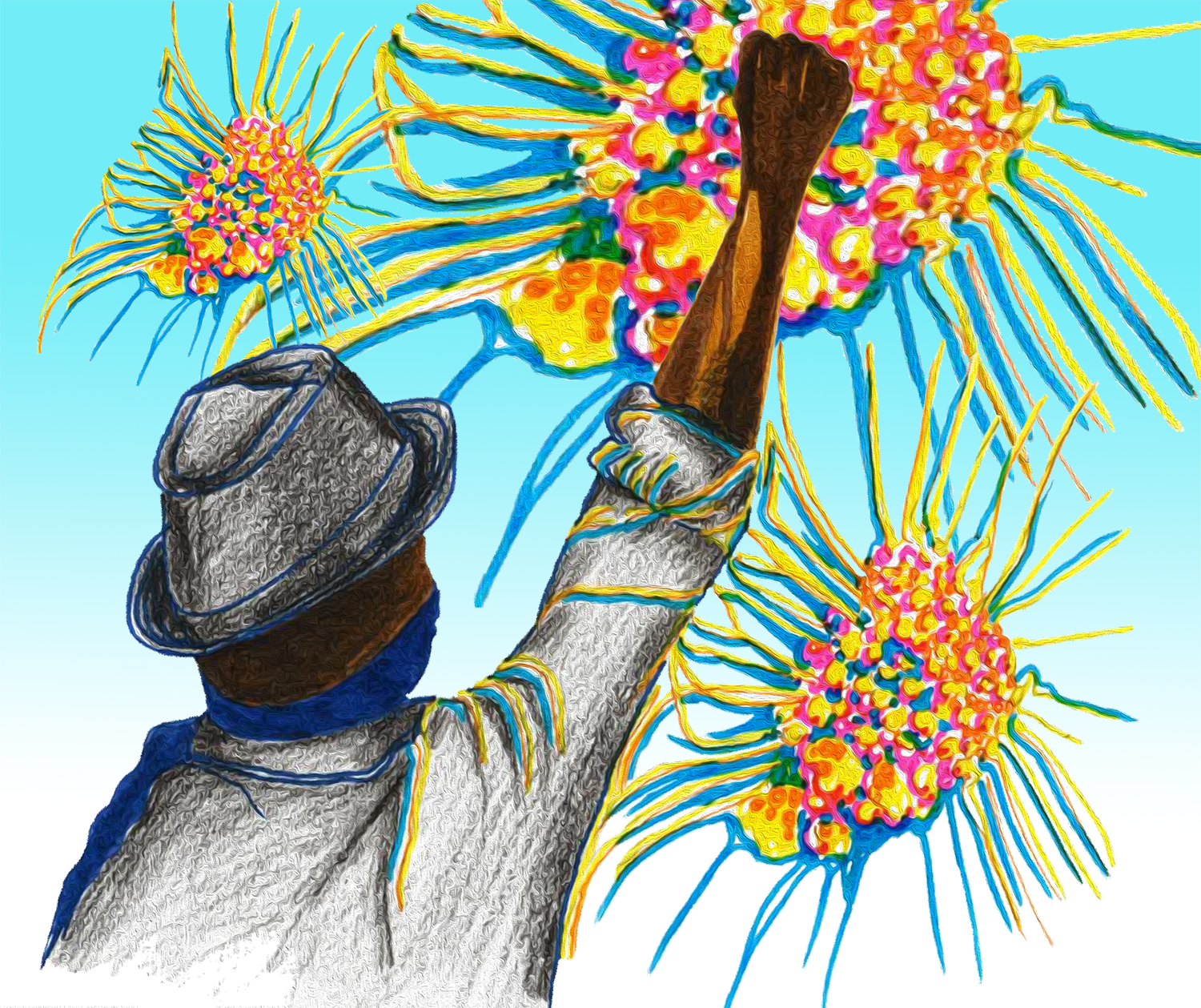 The biology classroom is not separate from the greater context of society; social issues can and should be presented in connection with the content. Here the authors present an example of antiracist teaching using the molecular/cellular biology of cancer in an introductory biology course as a topic through which to address historic racial disparities.
The biology classroom is not separate from the greater context of society; social issues can and should be presented in connection with the content. Here the authors present an example of antiracist teaching using the molecular/cellular biology of cancer in an introductory biology course as a topic through which to address historic racial disparities.
Course Level: Introductory
Discipline: Biology
Class size: lecture, 100+
Length: 1 class period
Suann Yang, Benjamin Negrete, Jr.
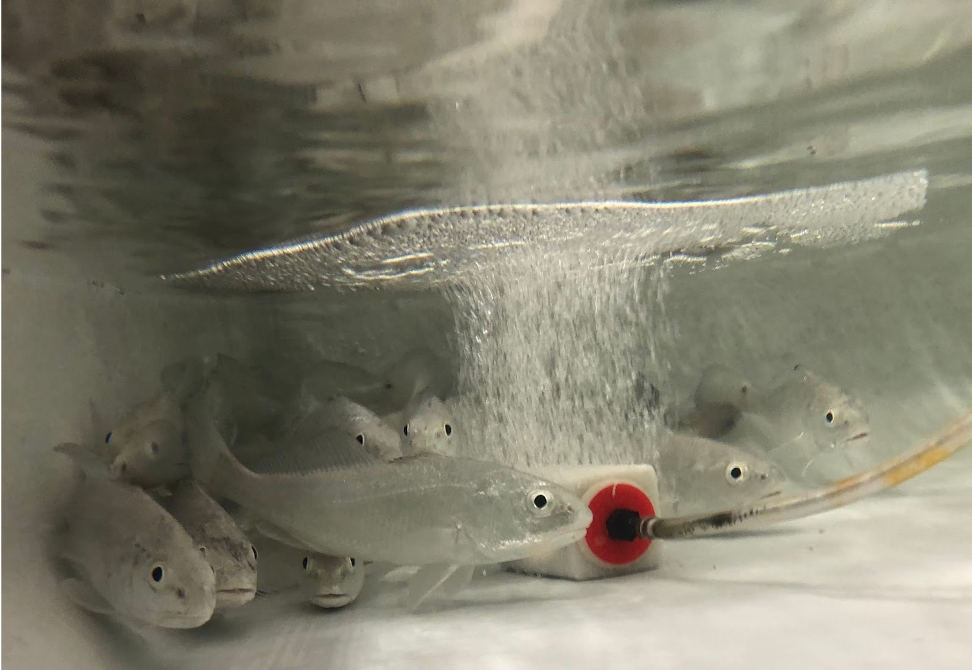 In this lesson, students plot data and interpret graphs of the metabolic responses of fish to hypoxic conditions. Then, students view and reflect on an interview with fish ecophysiologist Benjamin Negrete, Jr., who collected the data that they graph.
In this lesson, students plot data and interpret graphs of the metabolic responses of fish to hypoxic conditions. Then, students view and reflect on an interview with fish ecophysiologist Benjamin Negrete, Jr., who collected the data that they graph.
Course Level: Introductory
Discipline: Biology
Class size: lecture, 100+
Length: 1 class period
Lisa L. Walsh
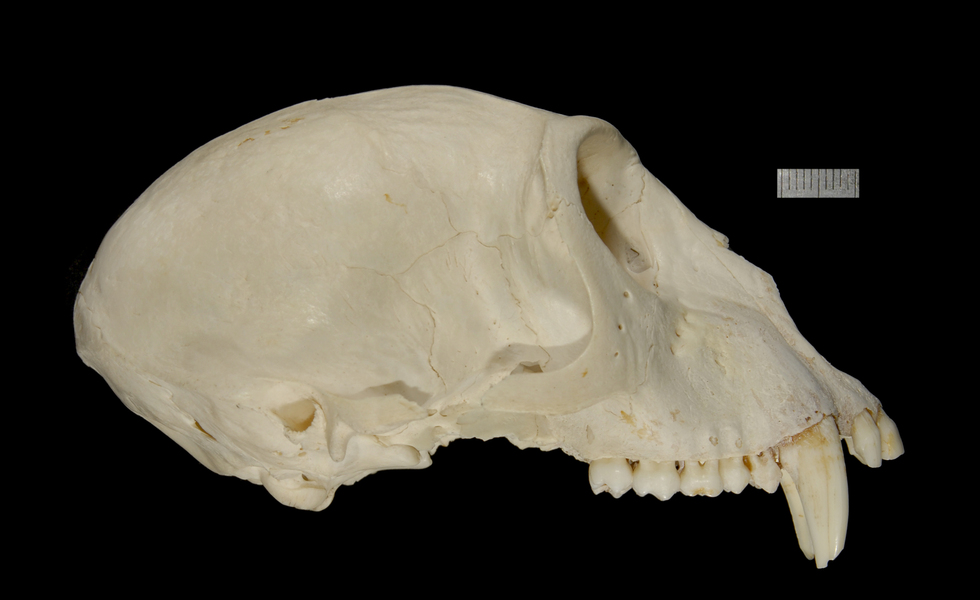 There is a growing call to decolonize curricula in academia, including in scientific disciplines. In the biology classroom, this includes highlighting a diverse array of scientists and illuminating injustice and exploitation carried out by Eurocentric biologists and medical professionals. [...] Here, the author presents an activity designed to shed light on the deep, historical relationship between natural history collections and the exploitation of slaves and Indigenous peoples and encourage students to critically evaluate how society influences science.
There is a growing call to decolonize curricula in academia, including in scientific disciplines. In the biology classroom, this includes highlighting a diverse array of scientists and illuminating injustice and exploitation carried out by Eurocentric biologists and medical professionals. [...] Here, the author presents an activity designed to shed light on the deep, historical relationship between natural history collections and the exploitation of slaves and Indigenous peoples and encourage students to critically evaluate how society influences science.
Course Level: Advanced
Discipline: Life Sciences
Class size: 1-50
Length: multiple class periods
Ethell Vereen
 Basic data handling and data analysis skills are introduced to visualize and analyze ‘big data.’ Environmental justice is introduced to give students an understanding of tools and strategies to explore while developing advocacy and communication skills.
Basic data handling and data analysis skills are introduced to visualize and analyze ‘big data.’ Environmental justice is introduced to give students an understanding of tools and strategies to explore while developing advocacy and communication skills.
Course Level: Introductory - Advanced
Discipline: Life Sciences, Data Science, Statistics
Class size:
Length: multiple class periods
Shelley D. Copley, Sean Babbs, Barbara Losoff
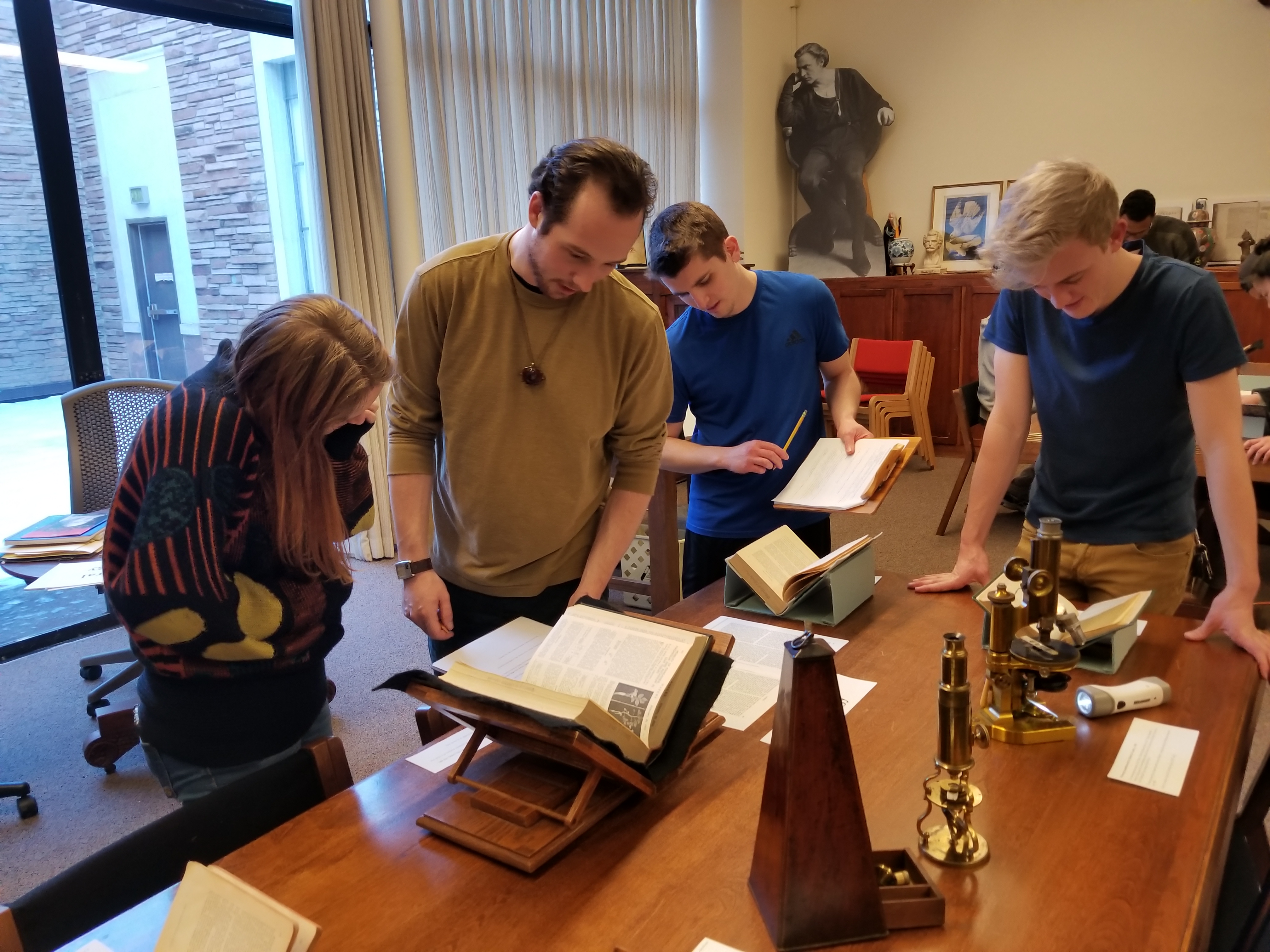 Vision and Change in Undergraduate Biology Education stresses the importance of fostering an understanding of the relationship between science and society. The authors describe a library-based activity that enables students in an undergraduate microbiology class to explore this relationship over the course of centuries, with the library functioning as a laboratory.
Vision and Change in Undergraduate Biology Education stresses the importance of fostering an understanding of the relationship between science and society. The authors describe a library-based activity that enables students in an undergraduate microbiology class to explore this relationship over the course of centuries, with the library functioning as a laboratory.
Course Level: Advanced
Discipline: Microbiology
Class size: 1-50
Length: multiple class periods
Robert M. Kao
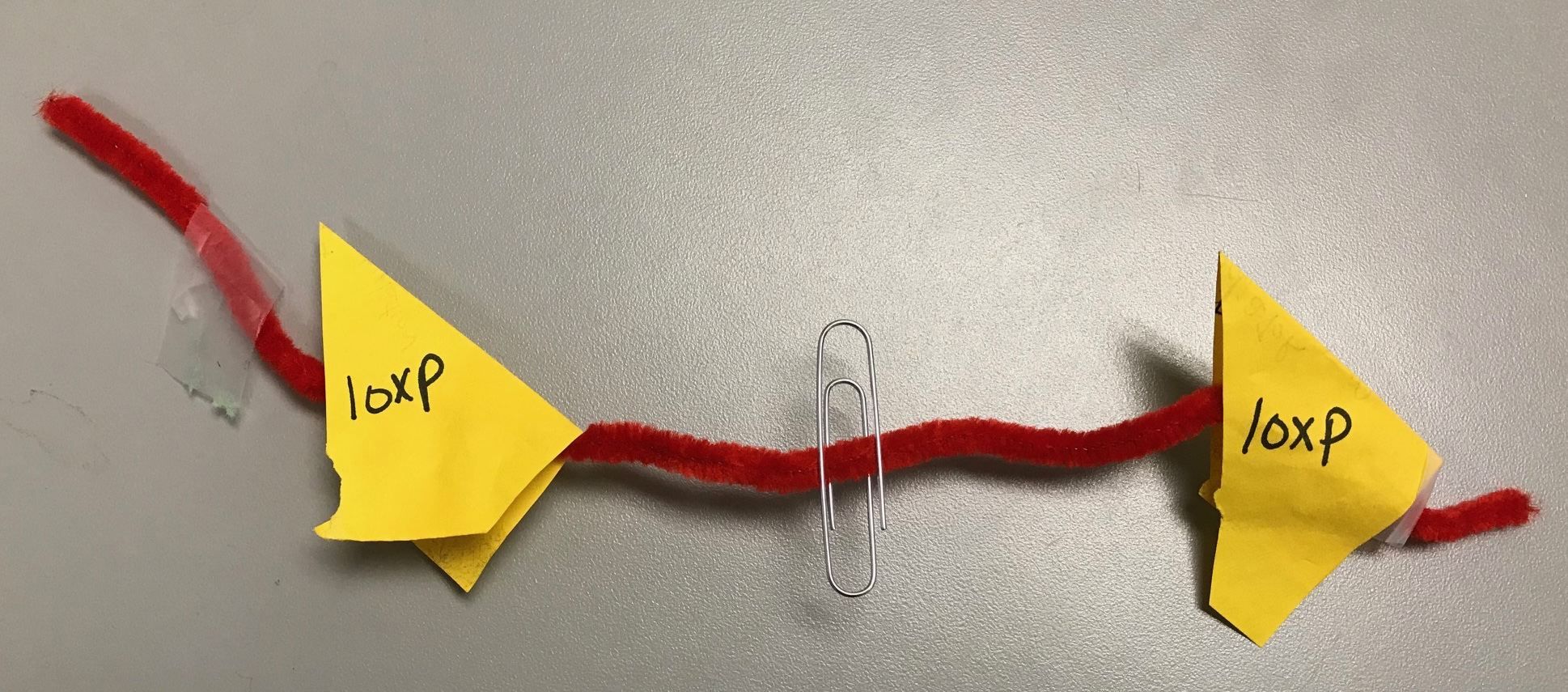 One important challenge in engaging first generation underrepresented minority students in developmental biology is how we design curricula to foster critical thinking skills to foster self-confidence, resiliency, and persistence in STEM fields. As a step to address this challenge, the author describes an inquiry-based semester-long developmental biology class and lab embedded within a culturally-responsive mentoring and teaching framework. After describing the curriculum design of the developmental biology course, the author illustrates a specific lesson on how to engage students in designing a fate map experiment using Cre/LoxP technology for mouse and zebrafish.
One important challenge in engaging first generation underrepresented minority students in developmental biology is how we design curricula to foster critical thinking skills to foster self-confidence, resiliency, and persistence in STEM fields. As a step to address this challenge, the author describes an inquiry-based semester-long developmental biology class and lab embedded within a culturally-responsive mentoring and teaching framework. After describing the curriculum design of the developmental biology course, the author illustrates a specific lesson on how to engage students in designing a fate map experiment using Cre/LoxP technology for mouse and zebrafish.
Course Level: Advanced
Discipline: Developmental Biology
Class size: 1-50
Length: multiple class periods
PD Resources for Faculty
Austin D. Hocker, Eleanor V.H. Vandegrift
The authors explore ways to create equitable learning environments and support learning for all students by increasing structure. They have identified four evidence-based elements that they include in their course design and implementation: 1) structured assessments and feedback; 2) structured out-of-class learning; 3) structured class time using inclusive practices; and 4) structured assignments using transparent design. In this essay, the authors identify some relevant literature to address each of these levels of structure and describe their experiences with implementation at each level to support equitable classroom environments.
Brett Woods
This webinar will explore how faculty can teach with a growth mindset and identify some potential areas of fixed mindset that might prove to be obstacles for many students.
Andrew Osborne Hasley, Hayley Orndorf
This module contains three resources for faculty interested in getting started with CAST's Universal Design for Learning (UDL) framework. We suggest moving through the resources in order:
These activities can be completed independently but there is great benefit to sharing and discussing your responses, mappings, and ideas with others.
Carrie Diaz Eaton
Professional development workshop slides to help curate conversations in teaching statistics with a critical inquiry lens.
Mary Mulcahy, Ethell Vereen, Marci Cole Ekberg, Jennifer Kovacs, Durrain Ansari-Yan, Tamara Basham, Mackenzie Boyer, Matthew Joshua Heard, Adriane Clark Jones, Shannon Jones, Erica Lannan, Pat Marsteller, Sarah Prescott, Gustavo Requena Santos
Workshop about models for introducing social justice issues into classes developed in a Faculty Mentoring Network. Presented at the 2021 BIOME Institute.
Cynthia Jimes, Amee Evans Godwin, Sean Fox, Anastasia Karaglani, Nick Lobaito
This framework, developed by ISKME in partnership with SERC, provides a practical reference for curators and authors of STEM OER, with 23 accessibility criteria, or elements, to reference as they curate, design and adapt materials to be accessible.